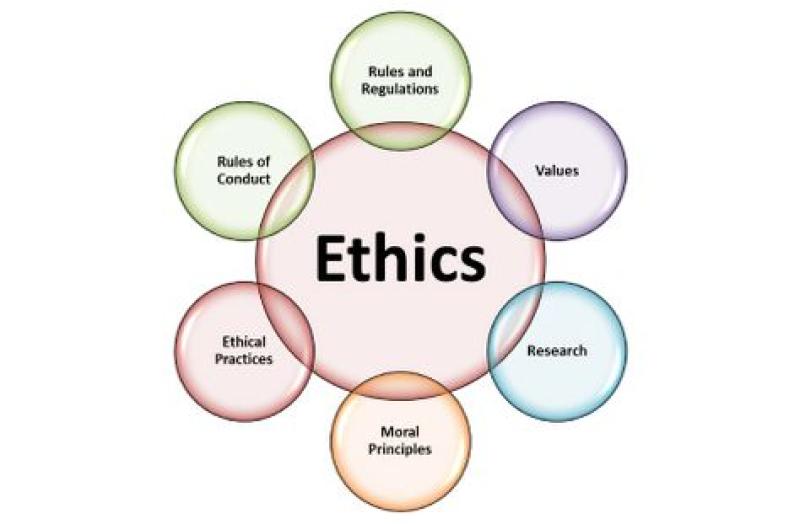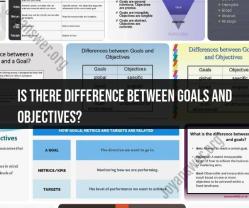How to build business ethics program?
Establishing a business ethics program involves creating a framework that promotes ethical behavior, integrity, and compliance within an organization. Here's a step-by-step guide to building a business ethics program:
1. Leadership Commitment:
- Demonstrate Leadership Commitment: Leadership sets the tone for the organization. Clearly communicate the commitment to ethical practices, and ensure leaders lead by example.
2. Ethics Policy Development:
- Craft a Comprehensive Ethics Policy:
- Clearly outline the organization's values, expectations, and standards of conduct.
- Include specific guidelines for ethical decision-making and actions.
3. Ethics Training and Communication:
- Develop Training Programs:
- Provide ethics training for employees at all levels.
- Focus on practical scenarios and decision-making processes.
- Establish Communication Channels:
- Create avenues for open communication about ethical concerns.
- Encourage employees to report unethical behavior without fear of retaliation.
4. Code of Conduct:
- Develop a Code of Conduct:
- Detail specific behaviors and actions that are expected of employees.
- Distribute the code widely and ensure that employees understand it.
5. Risk Assessment:
- Conduct a Risk Assessment:
- Identify potential ethical risks and challenges specific to the industry and organization.
- Assess the impact of these risks on the business.
6. Whistleblower Protection:
- Establish Whistleblower Protection:
- Create a policy that protects employees who report unethical behavior.
- Ensure confidentiality and non-retaliation for whistleblowers.
7. Ethics Committee:
- Form an Ethics Committee:
- Establish a cross-functional committee to oversee the ethics program.
- Include representatives from various departments to ensure diverse perspectives.
8. Monitoring and Reporting:
- Implement Monitoring Systems:
- Regularly assess the effectiveness of the ethics program.
- Monitor key performance indicators related to ethical behavior.
- Reporting Mechanisms:
- Provide clear channels for reporting ethical concerns.
- Ensure a prompt and thorough investigation of reported incidents.
9. Continuous Improvement:
- Collect Feedback:
- Seek feedback from employees about the ethics program.
- Use feedback to identify areas for improvement.
- Regularly Update Policies:
- Revise and update policies in response to changes in the business environment or industry regulations.
10. Integration with Business Processes:
- Integrate Ethics into Decision-Making:
- Ensure that ethical considerations are integrated into strategic planning and decision-making processes.
- Align business processes with ethical principles.
11. Recognition and Incentives:
- Recognize Ethical Behavior:
- Establish a system for recognizing and rewarding employees who demonstrate ethical behavior.
- Use positive reinforcement to reinforce the importance of ethics.
12. External Engagement:
- Engage with External Stakeholders:
- Collaborate with industry associations, regulatory bodies, and other external entities to stay informed about best practices.
- Seek external perspectives to improve the ethics program.
13. Regular Audits and Reviews:
- Conduct Audits and Reviews:
- Regularly audit and review the effectiveness of the ethics program.
- Ensure compliance with ethical standards and regulatory requirements.
14. Crisis Preparedness:
- Develop a Crisis Management Plan:
- Establish protocols for managing ethical crises.
- Clearly define roles and responsibilities during crisis situations.
15. Documentation and Accessibility:
- Document the Ethics Program:
- Maintain clear documentation of the ethics program.
- Ensure that all employees have access to relevant policies and information.
16. Publicize Success Stories:
- Share Success Stories:
- Publicize examples of ethical behavior and the positive impact it has on the organization.
- Use success stories to reinforce the importance of ethics.
Building a business ethics program is an ongoing process that requires commitment, regular evaluation, and adaptation to changing circumstances. By fostering a culture of integrity and ethical behavior, organizations can enhance their reputation, build trust, and contribute to long-term success.
What steps are involved in establishing a robust business ethics program?
Building a robust business ethics program takes dedication and commitment, but it's a worthwhile investment that can pay off in numerous ways. Here are the key steps involved:
1. Define your values and principles:
- Start by clearly articulating your company's core values and ethical principles. These should guide all aspects of your business, from decision-making to employee behavior.
- Consider holding workshops or focus groups to involve employees in this process, fostering buy-in and ownership of the program.
2. Develop a code of conduct:
- Translate your values and principles into a practical code of conduct that outlines acceptable and unacceptable behavior for employees. This should be easily accessible and understandable for everyone.
- Include specific examples of ethical dilemmas and how they should be handled, providing clear guidance for employees in real-world situations.
3. Implement training and education:
- Provide comprehensive ethics training for all employees, regardless of their position. This can include interactive workshops, online modules, and case studies to make learning engaging and relevant.
- Training should cover topics like identifying ethical issues, making ethical decisions, reporting misconduct, and navigating conflicts of interest.
4. Establish reporting mechanisms:
- Create safe and confidential channels for employees to report potential misconduct or ethical concerns, without fear of retaliation. This could be through an anonymous hotline, a designated ethics officer, or a secure online platform.
- Ensure prompt and thorough investigation of all reported concerns, with fair and transparent resolution processes in place.
5. Lead by example:
- Senior leadership must actively demonstrate their commitment to ethical conduct. This means aligning their actions with the company's values, openly discussing ethical challenges, and holding themselves accountable.
- Encourage open communication and dialogue about ethics at all levels of the organization, fostering a culture of integrity.
6. Monitor and evaluate:
- Regularly assess the effectiveness of your ethics program through surveys, audits, and feedback mechanisms. Identify areas for improvement and continuously refine your program based on your findings.
- Celebrate successes and share positive examples of ethical behavior within the organization to reinforce the importance of ethical conduct.
Additional tips:
- Involve external stakeholders, such as suppliers and customers, in your ethics program to ensure alignment and transparency throughout your supply chain.
- Leverage technology to automate certain aspects of your program, such as training delivery and reporting mechanisms.
- Partner with ethics experts or organizations to gain additional guidance and support in developing and implementing your program.
Building a robust business ethics program is an ongoing process, but by taking these steps and demonstrating unwavering commitment, you can create a culture of integrity and trust that benefits your company, employees, and stakeholders alike.
Remember, a strong ethics program is not just about compliance; it's about building a foundation for long-term success and making a positive impact on the world.
Here's an infographic summarizing the key steps:
By following these steps and continuously adapting your program, you can build a robust ethics framework that guides your business towards a more ethical and sustainable future.










